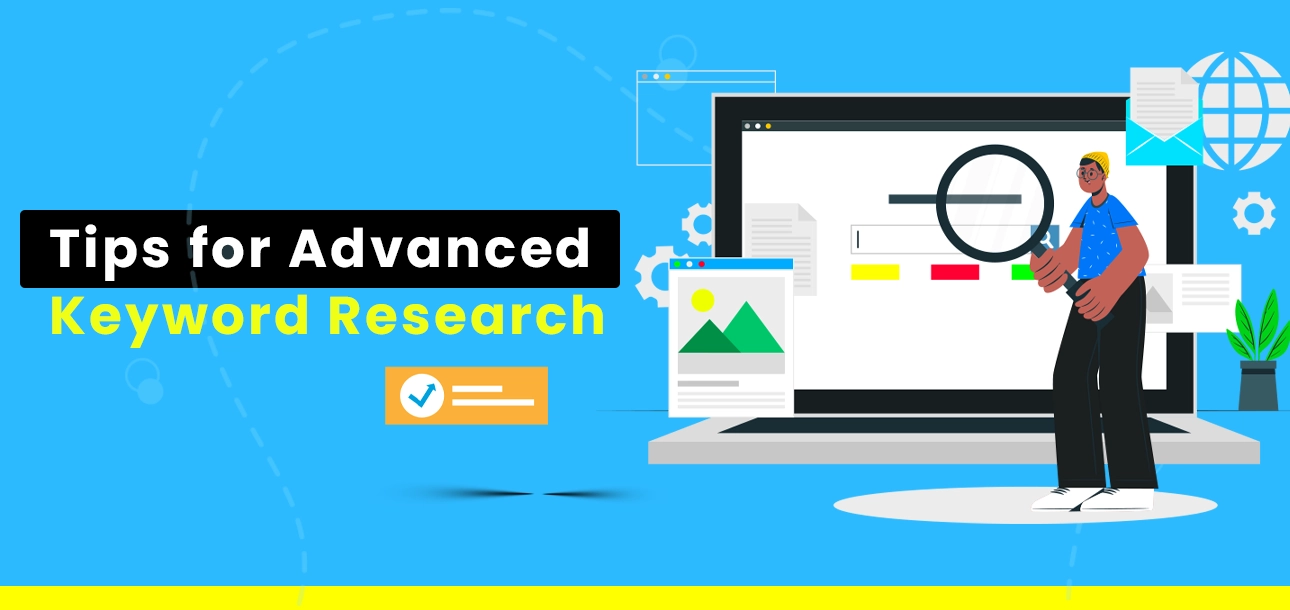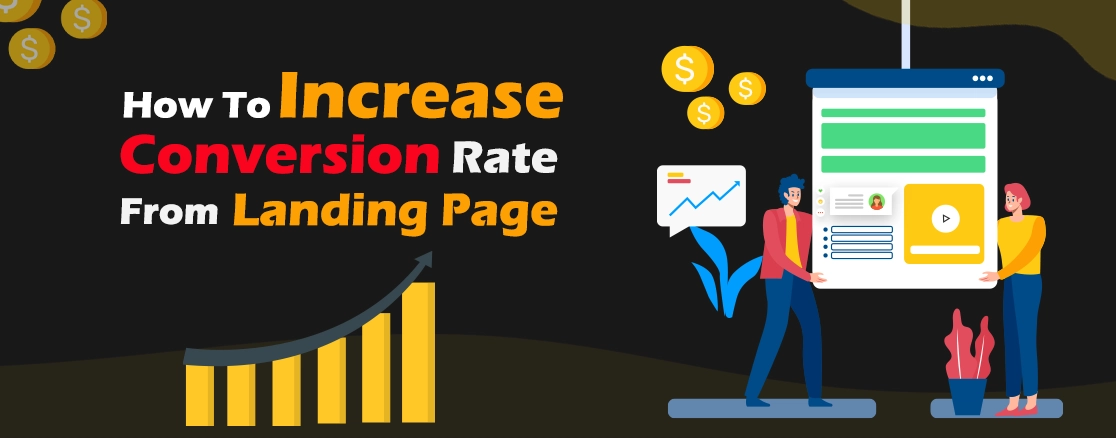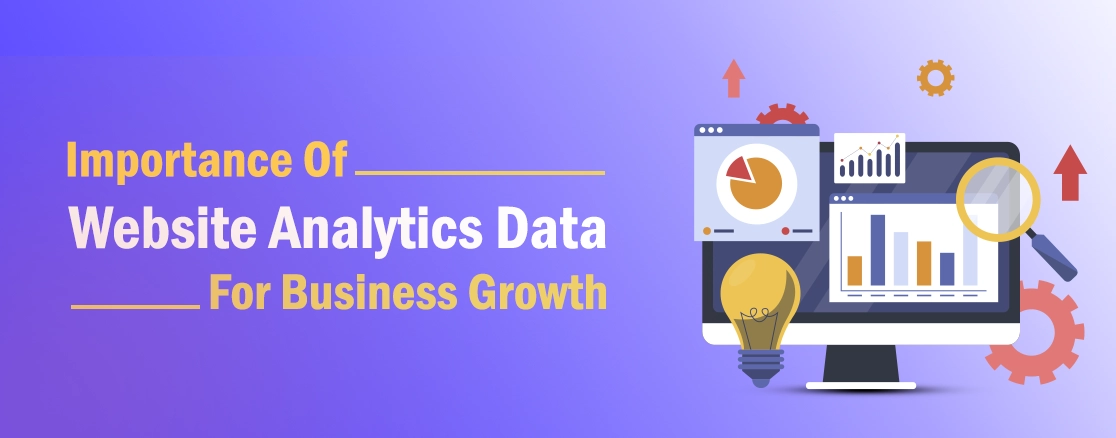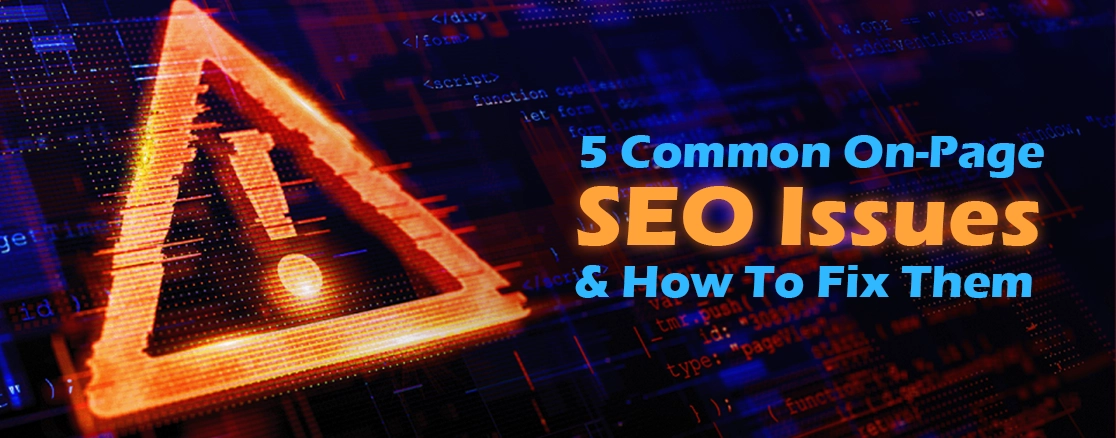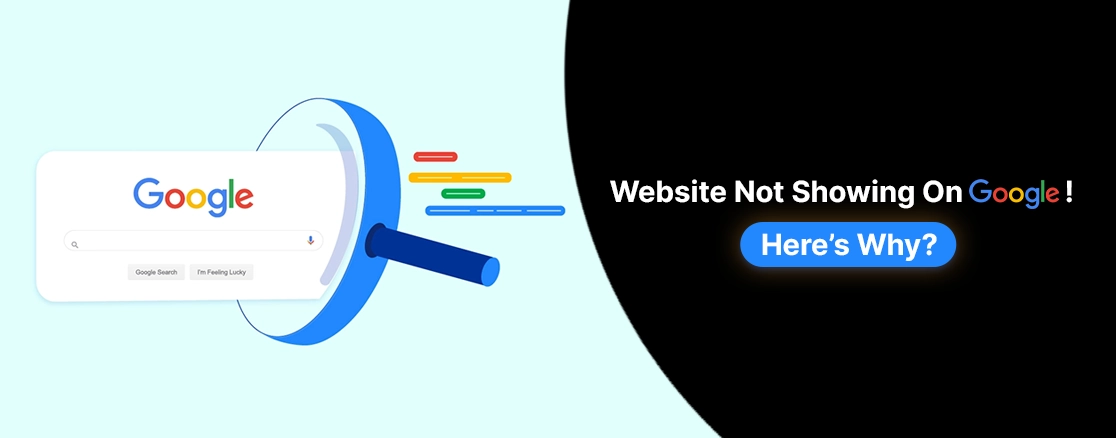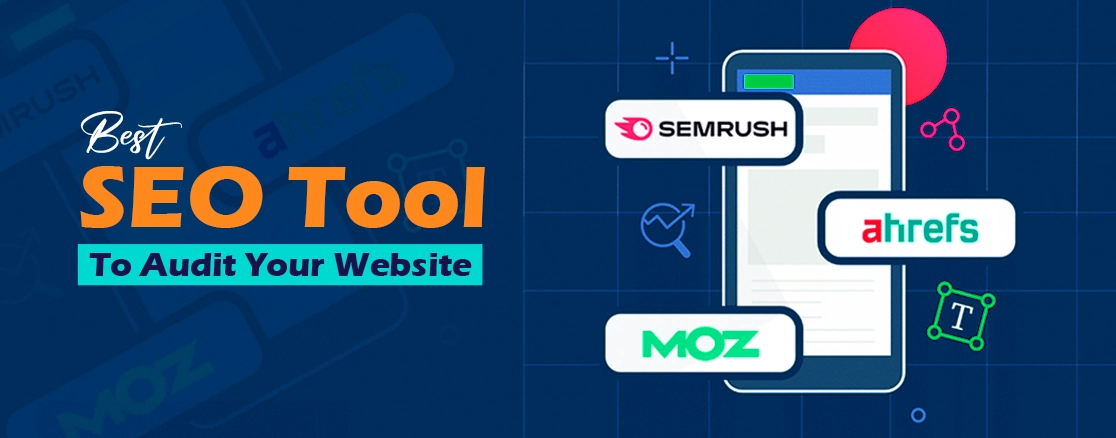Within the intricate system of search engine optimization (SEO), canonical tags are important for securing a website's search engine ranking and working on problems like duplicate content. When there are many web page versions, the "preferred" version is specified using the canonical tag, an HTML element that Google introduced in 2009. This makes it easier for search engines to decide which version to rank and index. Using canonical tags is essential for efficient website optimization, regardless of whether you are delivering web design services or SEO services in the USA.
The Role of Canonical Tags in SEO
To let search engines know which page is the authentic version, canonical tags (rel=canonical) are crucial. Among their main goals are:
Preventing Duplicate Content Issues
When the same or similar material appears on several URLs, it is referred to as duplicate content. Lower visibility might result from search engines having trouble deciding which page to rank. This issue is resolved with canonical tags, which mark one page as the original.
Consolidating Ranking Signals
The ranking potential may be diminished when several pages vie for the same keywords. Canonical tags increase the authority of the canonical page by combining the ranking signals—such as traffic, user interaction, and backlinks—into it.
Optimizing Crawl Efficiency
Because search engines have a crawl budget, they can only crawl a certain amount of pages in a session. You may make sure bots spend their time indexing valuable material rather than redundant or unnecessary sites by pointing them to the canonical page.
Read Also: Voice Search Optimization: 6 Tips to Improve Your Results
Why Canonical Tags Matter for SEO Services in the USA
Canonical tags guarantee that the material produced by companies providing SEO services in the USA complies with industry standards. Businesses may preserve the authority of their pages, draw in more organic traffic, and improve their ranks in cutthroat marketplaces by using these tags effectively.
For instance, filters or tracking criteria frequently cause e-commerce platforms to provide several URLs for the same product. A canonical tag preserves the SEO value and improves user experience by assisting search engines in identifying the main page.
How Canonical Tags Work
Although they are easy to use, canonical tags have a significant influence. They are included in a web page's section in the format
HTML
Copy the code.
<link rel="canonical" href="https://www.example.com/preferred-page/" />
The tag instructs search engines to index and rank the page by telling them that the given URL is the master version.
Scenarios Where Canonical Tags Are Useful
Dynamic URLs
Duplicate material is frequently produced by dynamic URLs that contain session IDs or tracking data. For example, URLs like example.com/page?id=123 and example.com/page?ref=campaign may lead to the same content. This problem is fixed with canonical tags, which lead to the static, clean version.
Content Syndication
Canonical tags guarantee that your original material keeps credit and ranking authority when your articles are reprinted on other sites.
Pagination
Search engines may become confused by paginated sites, such as product lists or blog archives. The primary page that compiles the material may be identified using a canonical tag.
HTTP and HTTPS Versions
Canonical tags assist search engines in giving preference to the secure version of a website when it is available via both HTTP and HTTPS.
Duplicate Product Pages
Product pages with variants like color or size are frequently found on e-commerce websites. These sites can link back to the primary product page thanks to canonical tags.
Benefits of Using Canonical Tags
1. Boost Search Rankings
Canonical tags guarantee that the main page increases exposure and ranking potential by preventing duplicate content penalties. This is particularly crucial for companies that provide SEO services in the USA since duplicate material can negatively affect their clients' search engine rankings.
2. Enhance User Experience
Canonical tags provide consistency in the distribution of content and lessen confusion by guiding readers to the preferred version of a website.
3. Conserve Crawl Budget
Canonical tags maximize a website's indexing efficiency by directing search engines' crawling efforts toward high-priority pages.
4. Preserve Link Equity
It is possible to divide link equity when duplicate URLs exchange backlinks. By combining these signals, canonical tags make the canonical page stronger.
5. Support for Web Design Services
Making sure canonical tags are used correctly shows web design firms are skilled at building SEO-friendly websites. This draws in additional customers looking for web design solutions that are optimized.
Best Practices for Using Canonical Tags
To make the most of canonical tags, adhere to the following rules:
Canonicalize Consistently
To prevent ambiguity, make sure that every page—including self-referencing pages—uses the canonical tag.
Use Absolute URLs
To prevent misunderstandings, always use the whole URL (for example, https://example.com/page/) rather than relative URLs.
Prioritize HTTPS
Canonicalize the secure version of your website if it supports HTTPS, as both users and search engines favor it.
Avoid Conflicts
Make sure your canonical tags don't interfere with sitemaps or index directives. Search engines may become confused by mixed messages.
Test and Verify
Use tools such as Google Search Console to regularly analyze your website for canonical tag problems and make sure they are implemented correctly.
Read Also: How To Increase Blog Engagement & Drive More Interaction?
Challenges in Implementing Canonical Tags
Misuse of Canonical Tags
Indexing problems may arise from pointing to the incorrect URL or from neglecting to update tags during site migrations.
Ignored by Search Engines
Search engines may decide to disregard canonical tags if they detect abuse, even though they are suggestions.
Conflict with Other SEO Elements
Canonical tags need to be in line with other SEO tactics, such as structured data and metarobot instructions.
Canonical Tags for Web Design Services
Implementing canonical tags should be a top priority for web design firms providing web design services in order to create an SEO-friendly design. They guarantee that the websites of their clients are search engine optimized by using canonical tags in their construction process.
To protect SEO performance, for example, web designers should foresee duplicate content difficulties and proactively add canonical tags when designing an e-commerce website.
Conclusion
Canonical tags are essential to keeping a website optimal. Whether your organization specializes in web design services or offers SEO services in the USA, knowing and using canonical tags may have a big influence on your SEO strategy.
Canonical tags guarantee that your website stays both search-engine friendly and user-focused by avoiding duplicate content problems, combining ranking signals, and improving crawl efficiency. When properly implemented, they serve as the foundation of a strong SEO strategy, assisting companies in achieving sustained success in the digital sphere.

.webp)


.webp)



.webp)

.webp)
.webp)


.webp)
.webp)
.webp)

.webp)
.webp)
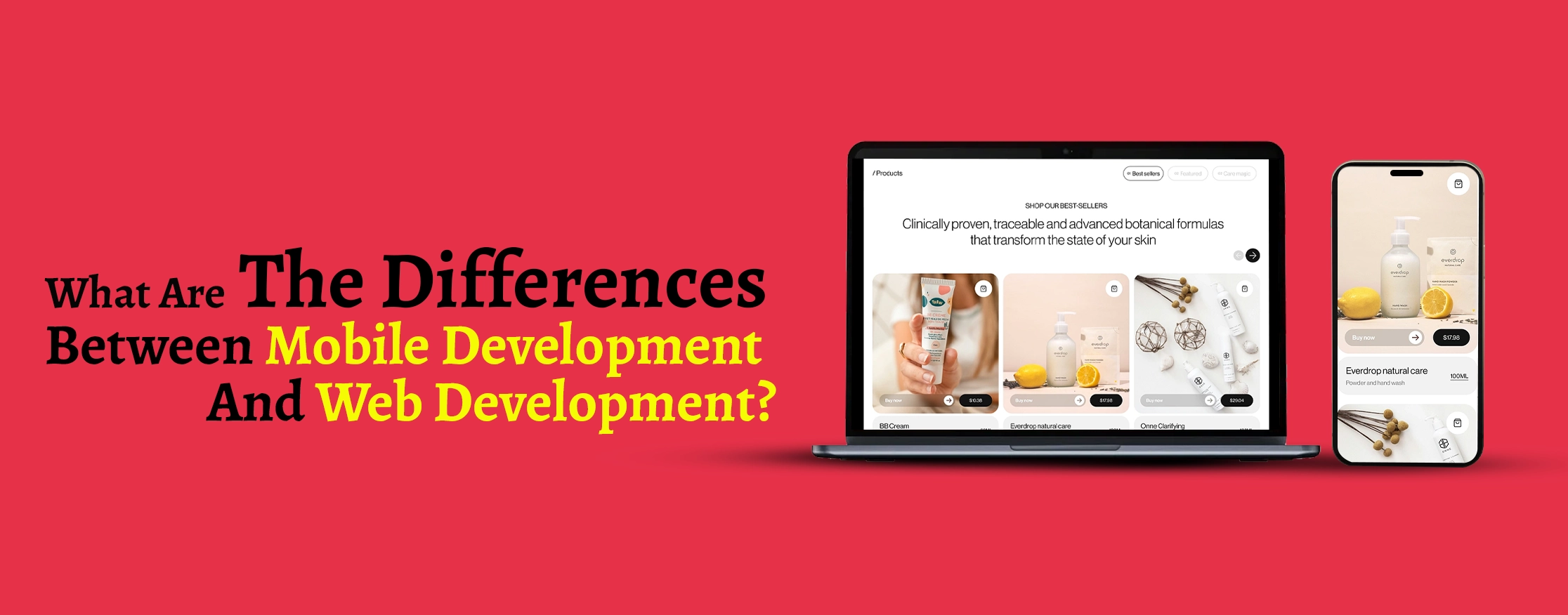
.webp)
.webp)




.webp)
.webp)

.webp)




.webp)

.webp)


.webp)
.webp)

.webp)






.webp)




.webp)
.webp)


.webp)
.webp)
.webp)



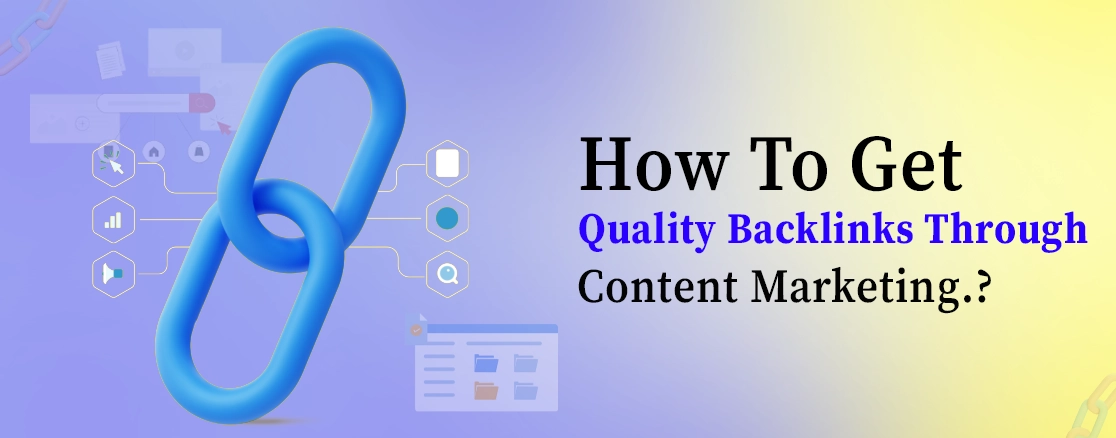

.webp)


